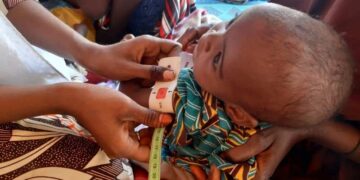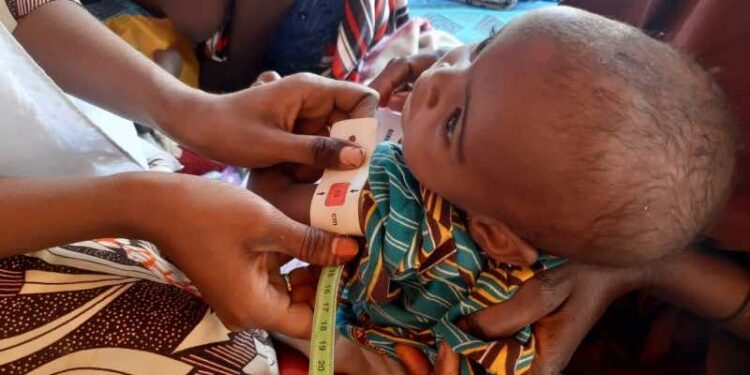By Ebi Kesiena
UK-based charity organisation, Save The Children, has raised alarm that at least 95,000 women may give birth without access to a skilled health worker over the next year due to deep cuts in international aid.
The organisation warned that such a shortfall in maternal healthcare could prove deadly, especially in high-risk countries like the Democratic Republic of Congo (DRC), Yemen, and Nigeria.
According to a report released on Wednesday, the DRC faces the worst impact, with more than 82,000 births expected to occur without trained medical support. Yemen could see 5,231 such cases, while 4,607 births in Nigeria may be at risk.
Save the Children stressed that skilled birth attendants, such as trained midwives, nurses, and doctors, play a crucial role in ensuring safe deliveries and responding to complications during childbirth, and the absence of professional care, especially during the critical first moments after delivery, can significantly increase the risk of maternal and neonatal death.
The warning comes amid stark global statistics from the United Nations, which recorded more than 700 maternal and 6,300 newborn deaths per day in 2023, most from preventable causes linked to inadequate pregnancy, childbirth, and neonatal care.
Speaking at the 78th World Health Assembly in Geneva this week, Save the Children UK’s Chief Executive, Moazzam Malik, called on government officials to urgently rethink their decision on aid and funding and reallocate resources towards primary health systems to prevent a worsening crisis.
“Governments must act now to rethink and realign health financing, mobilising domestic resources, taxing harmful products, coordinating donor support, and investing in resilient primary health systems. The future of universal health coverage depends on bold decisions today,” he said.
Malik also urged World Health Organization member states to adopt firm resolutions aimed at boosting health workforce investment and ensuring sustainable financing by 2030.
Meanwhile, the World Health Assembly, an annual global summit of health leaders, is currently underway in Geneva, with participants seeking solutions to some of the most pressing issues facing international healthcare delivery.




































